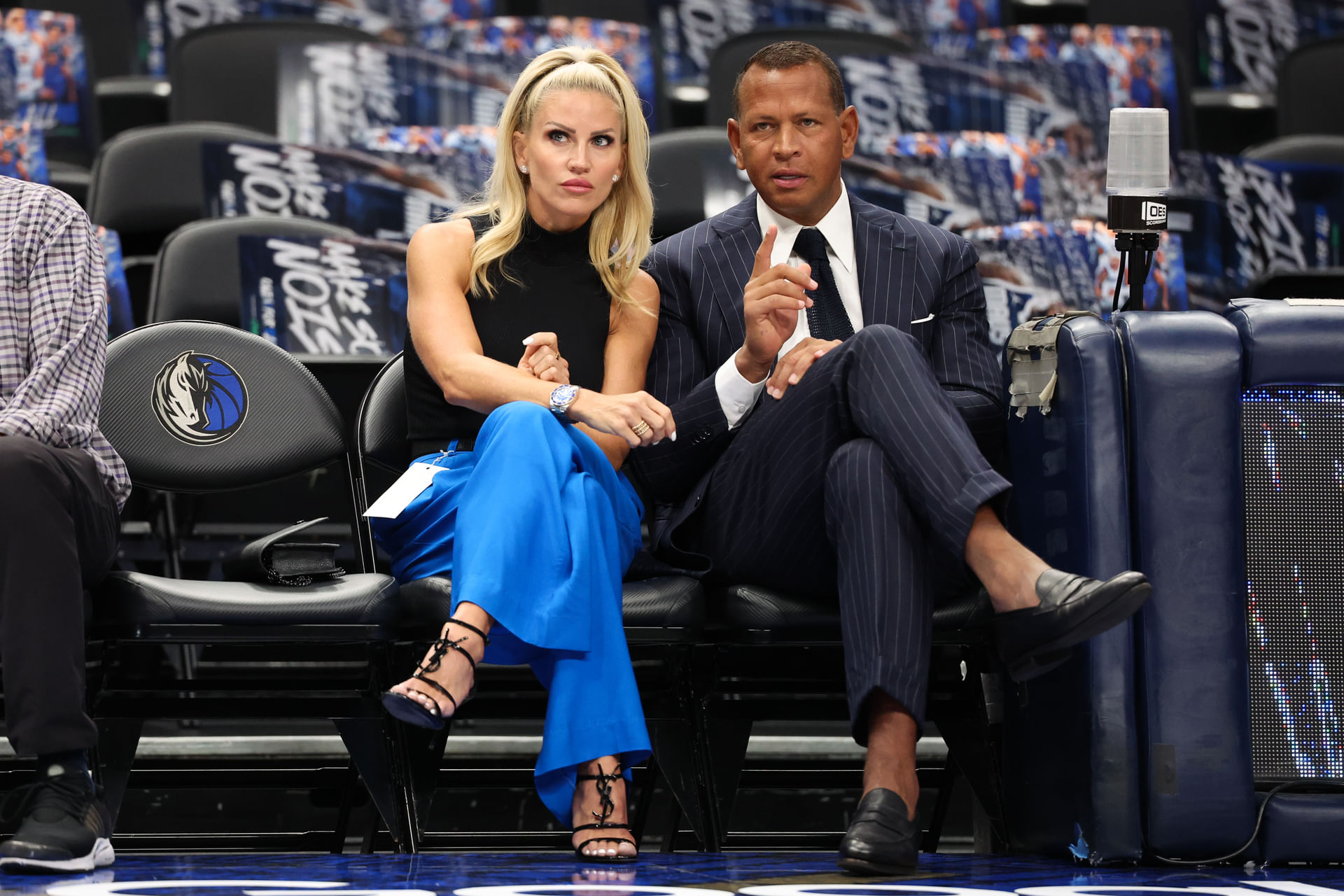Then there’s the concept of training to failure, which is exactly what it sounds like: putting maximum strain on the muscle until you can no longer perform another rep. The thinking is that this fast-tracks muscle growth. Cox says “aiming to push yourself anywhere from 1-3 reps shy of failure seems to be beneficial,” findings which are backed up by multiple studies.
Do I need to be obsessed with a high protein diet?
Everything from yogurt to cereal is touted as high protein at the moment, but does adding protein to your diet make a difference?
We’ve learned the principles of building muscle, and the most efficient way to do it, above. But what about the actual building blocks of muscle itself?
“In order to build muscle, the body must be in what is called an anabolic state,” says Cox. To get into this state, you need to be taking on more calories than you’re burning off. Think of it like a construction site. The more bricks you make available, the faster the building can grow.
The same is true of muscle growth.
“An adequate protein consumption stimulates muscle protein synthesis, which helps to build up your muscle fibers,” says Cox. “A protein intake of 1.6-2.2 gram per kilogram of bodyweight is considered to be optimal for maximizing muscle growth.” In other words, if you weigh about 175 pounds, you should aim for a daily protein intake of 128g-176g.
While it’s true that protein can make you feel full and is therefore a way to lower calorie intake if you’re trying to lose weight, it isn’t calorie free, so you will still see you weight gain if you overdo it. Plus, your bowels won’t be in the best shape.
“Carbohydrates are also really important when trying to build muscle as they are the body’s main source of energy for workouts,” Weston notes.
Don’t sleep on healthy fats, either. “They are a great source of energy for exercising, so you can push yourself harder in your workouts and therefore build muscle,” says Weston. “Plus, fats are also so important for hormone and cell health, including muscle cells.”
Is there any truth behind the fad workouts and diets?
Sorry, but no. “I am a firm believer that silver bullets don’t exist, particularly when it comes to fitness,” says Cox. “The solution you’re actually searching for is right in front of you: consistency over time.”
Weston seconds that: “Building muscle shouldn’t feel too complicated. Just stick to a routine, with proper form and allowing a few rest days per week, rather than trying to follow a fad workout program.”
What’s the fastest way to build muscle?
If you’re exercising a couple of times per week and have adjusted your diet accordingly, Weston reckons you’ll see results in about six to eight weeks.
“It’s quite a slow process,” she says. Nor, Cox adds, can it be accelerated—without taking steroids, that is.
“Many people will try and shortcut the process by doing more workouts or doing longer workouts and while that seems like it should work, it will often just cause more fatigue without any additional stimulation,” he says.




